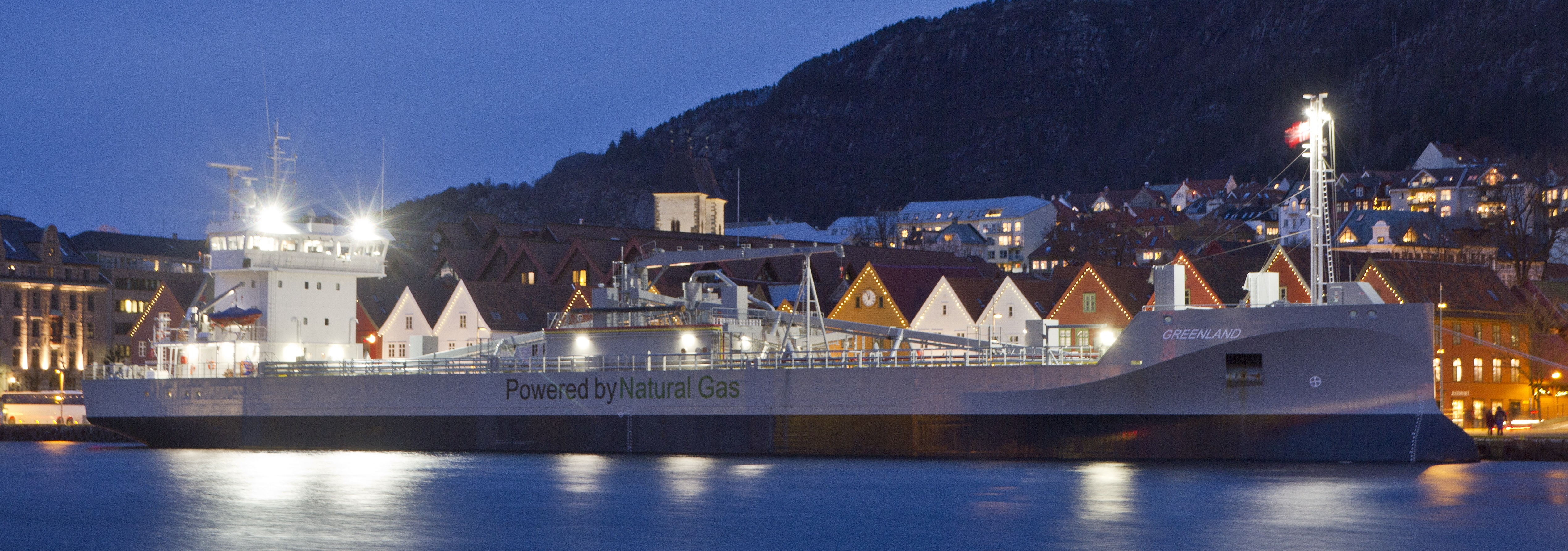About
Established January 2014
JT Cement, (“JTC”), is a joint venture between Erik Thun and NovaAlgoma Cement Carriers (“NACC”). Jointly and individually the partners control more than 36 dedicated cement carriers trading worldwide in sizes from 3.900 dwt to 28.500 dwt. JTC focuses primarily on the smaller cement carrier markets (up to about 8.000 dwt), trading in Northern Europe. JTC acquired the vessels from KGJ Cement and converted three Ferus Smit built, modern 4.500 dwt bulk carriers into cement carriers. Three of the vessels in the fleet, “MV Malta”, “MV Gotland” and “MV Bornholm” are equipped with a cargo scooper discharging system, which includes blow tanks for pneumatic discharge. Having Ice class 1A and the ability to take general bulk cargoes, they add flexibility to the fleet, enabling alternative trading during the traditional “low season” for cement transportation in Northern Europe.
JTC has taken delivery of two 7.585 dwt and one 8.050 dwt LNG dual fuel newbuilds from Ferus Smit, delivered in 2015, 2016 and 2019. These sister vessels are the first “green” cement carriers in the world as a result of their unique hull design and natural gas propulsion. All three have been equipped with a cargo handling equipment, ensuring a dust free, stable, reliable and fuel efficient discharging operation. These fuel efficient and eco-friendly vessels will be the best in their class.
Head office: Bergen, Norway.

Erik Thun AB
Erik Thun AB, Erik Thun Group is a family company established in Lidkoping in 1938 by Helge Källsson, now involving a third generation. The core business is shipping and the fleet of around 50 vessels are mainly employed in short sea shipping in Northern Europe. In addition to various shipping segments, they are also involved in other business activities such as aviation and meat processing. For more info: thun.se

NovaAlgoma Cement Carriers
NovaAlgoma Cement Carriers is a joint venture between Nova Marine Holding SA (Nova) of Luxembourg and Algoma Central Corporation (Algoma) of Canada. The NACC fleet comprises a large fleet of pneumatic cement carriers. Cement shipping is a regionalized market with generally smaller vessels servicing large global manufacturers that support infrastructure projects. The fleet operates primarily in the Mediterranean, Southeast Asia, Northern Europe and North America. For more info: novaalgoma.com
Our self-discharging vessels provide a number of advantages
- The vessels are specially equipped to transport all kinds of powder materials including cement, flyash and steel slag (GGBFS).
- The fully enclosed configuration enables a completely dust-free operation of any powder cargo.
- The system will operate efficiently regardless of weather conditions and will discharge independently and with no need for shore based assistance.
- The totally enclosed systems eliminates spillage and waste of cargo.
How it works
Efficient discharge while protecting the environment
Cement carriers are specialized ships which are designed and equipped to carry any bulk powder cargo including cement, flyash and ground granulated blast furnace slag.
JTC vessels are either fitted with fluidization in the cargo holds or a scraper system.
The fluidization system enables the powder cargo to flow to a central point in the hold. From the central point the cargo is conveyed or flowed by gravity into a “blow tank” which subsequently is pressurized. When releasing the pressure, the cargo is “pumped out” by compressed air which is supplied by the vessel’s integrated cargo handling equipment. Since the cargo handling system is totally enclosed, the pneumatic operation is completely dust free and thus environmentally friendly. The enclosed system also allows discharging in all kinds of weather. The cargo handling equipment is able to discharge up to 1,000 metric tons per hour – subject to vessel’s particulars and shore receiving facilities/capabilities.
The scraper system transports the cargo to a bucket elevator from where it is conveyed into the “blow tank”. The scraper system requires no fluidization and in effect it enables the vessel to also carry “general” bulk cargoes adding flexibility for our customers.
Some of the JTC vessels are also capable of discharging mechanically (using gravity or screw conveyors). This enables the vessel to discharge directly into trucks or other shore facilities. This system requires less energy and is also totally enclosed and completely dust free.
Fleetlist
The JTC Fleet
| NAME | DWT | BUILT | FLAG | CLASS | |
|---|---|---|---|---|---|
| Malta Cement | 3.961 | 1991 | Netherlands | Lloyds Ice 1B | |
Malta Cement
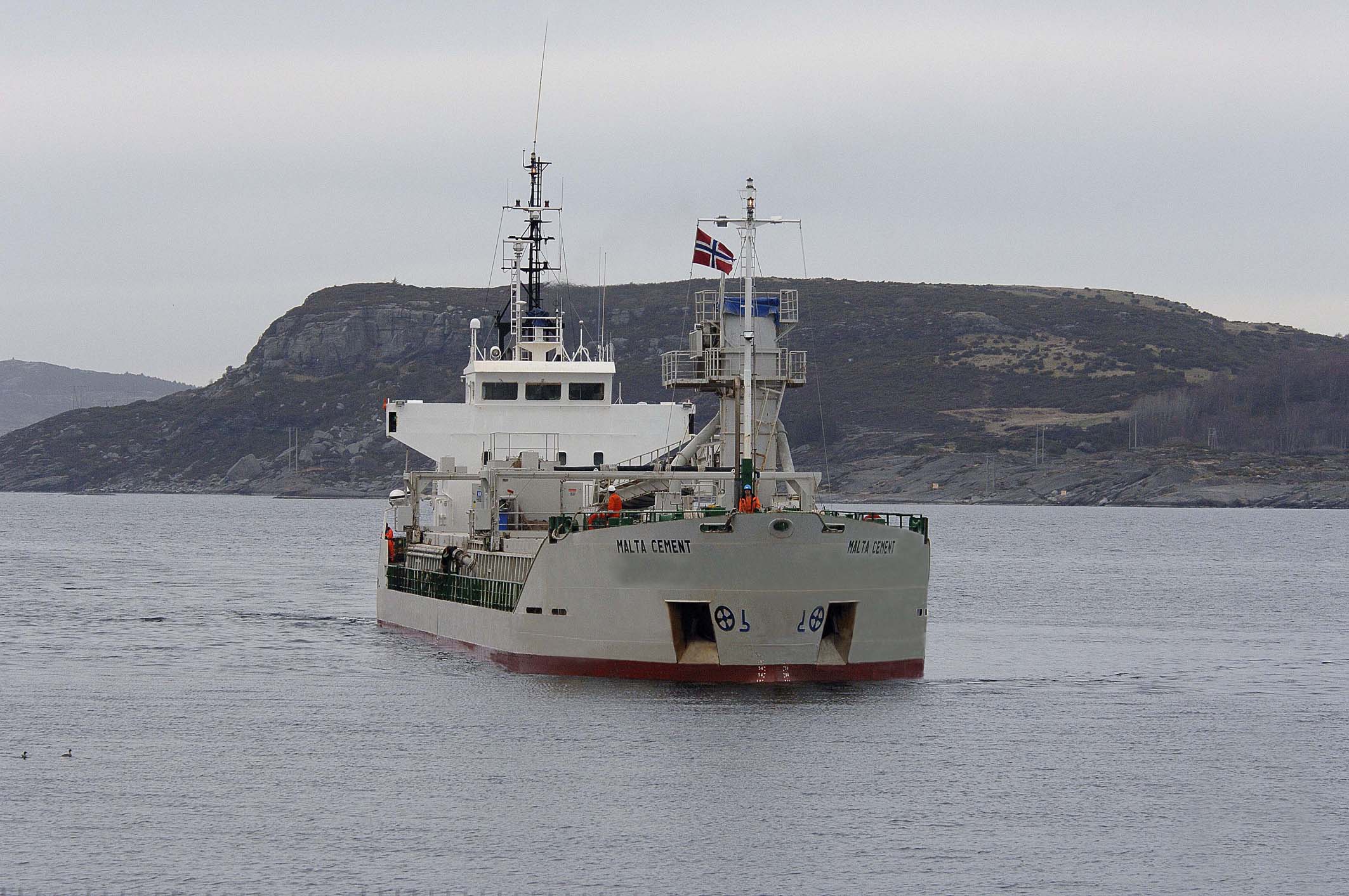 Malta CementView more
|
|||||
| Bornholm | 4.535 | 2008 | Netherlands | Bureau Veritas 1A | |
Bornholm
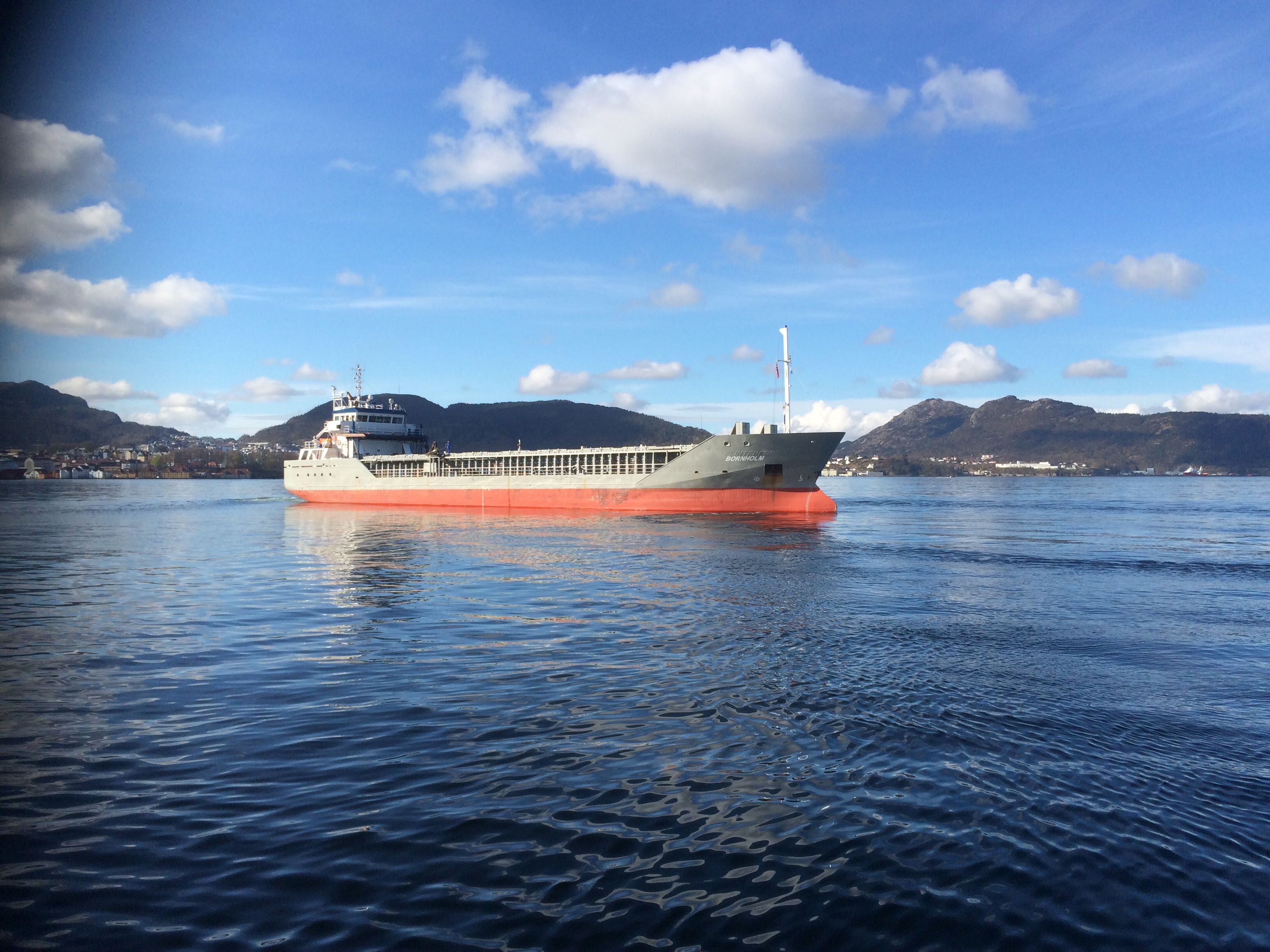 BornholmView more
|
|||||
| Gotland | 4.536 | 2008 | Netherlands | Bureau Veritas 1A | |
Gotland
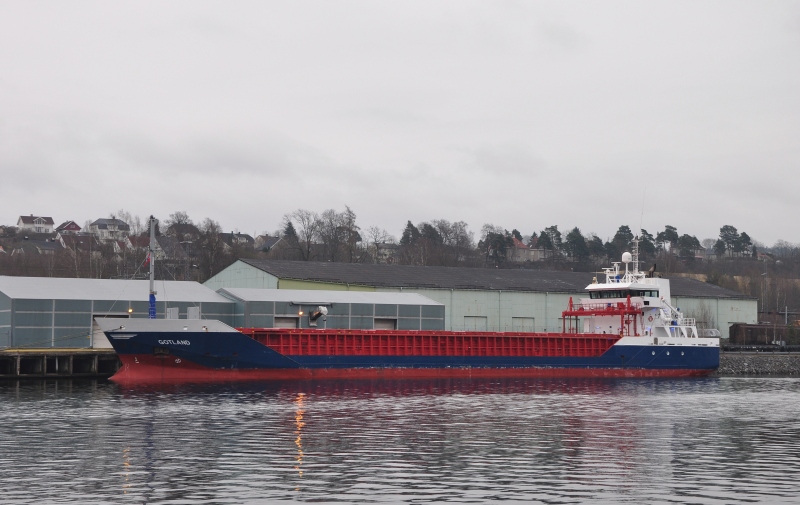 GotlandView more
|
|||||
| Iceland | 4.177 | 2006 | Netherlands | Bureau Veritas Ice 1A | |
Iceland
 IcelandView more
|
|||||
| Ireland | 7.540 | 2016 | Netherlands | Lloyds Ice 1A | |
Ireland
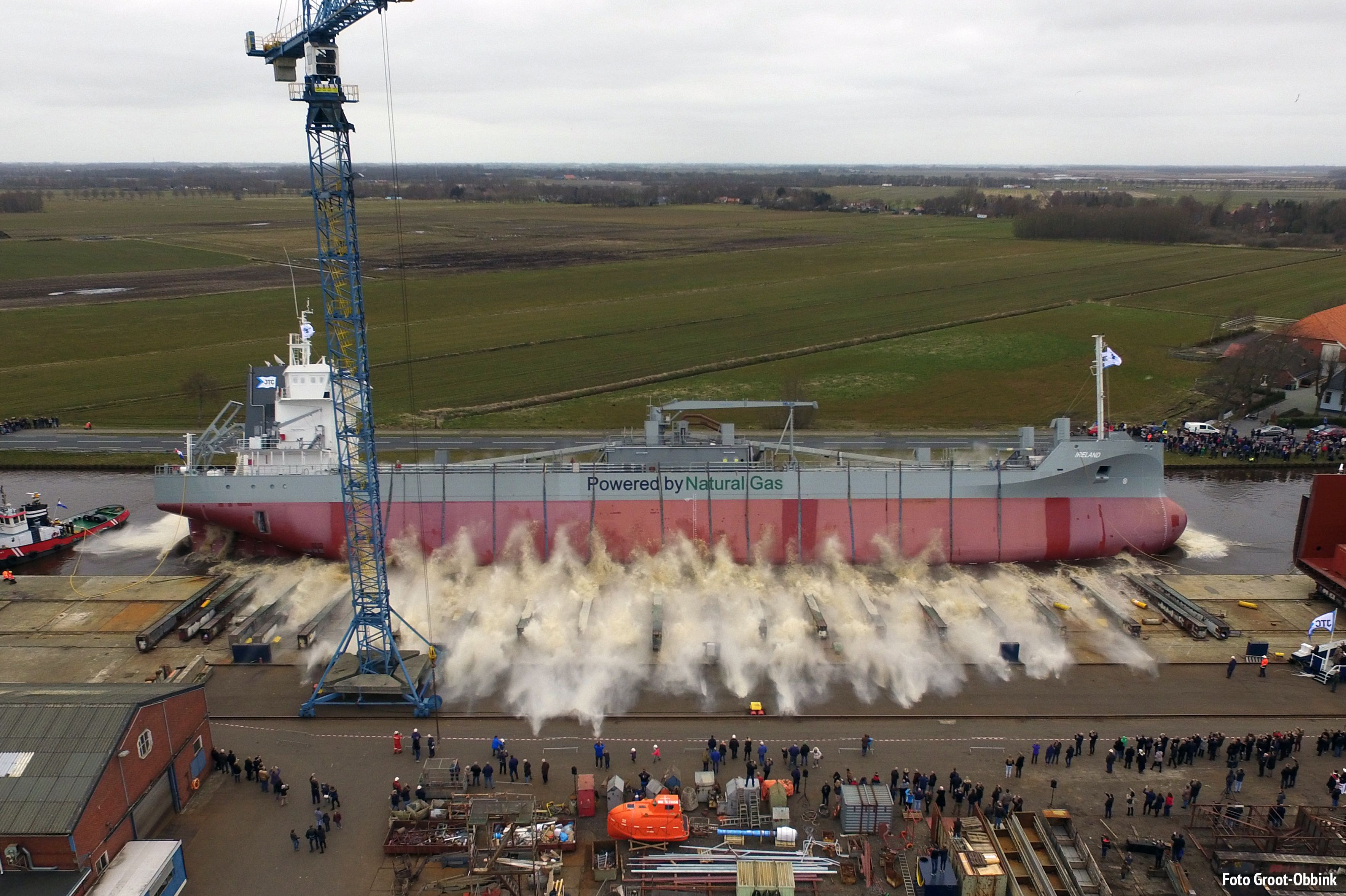 IrelandView more
|
|||||
| Cyprus Cement | 5.533 | 2002 | Portugal | Bureau Veritas Ice 1A | |
Cyprus Cement
 Cyprus CementView more
|
|||||
| Greenland | 7.585 | 2015 | Netherlands | Lloyds Ice 1A | |
Greenland
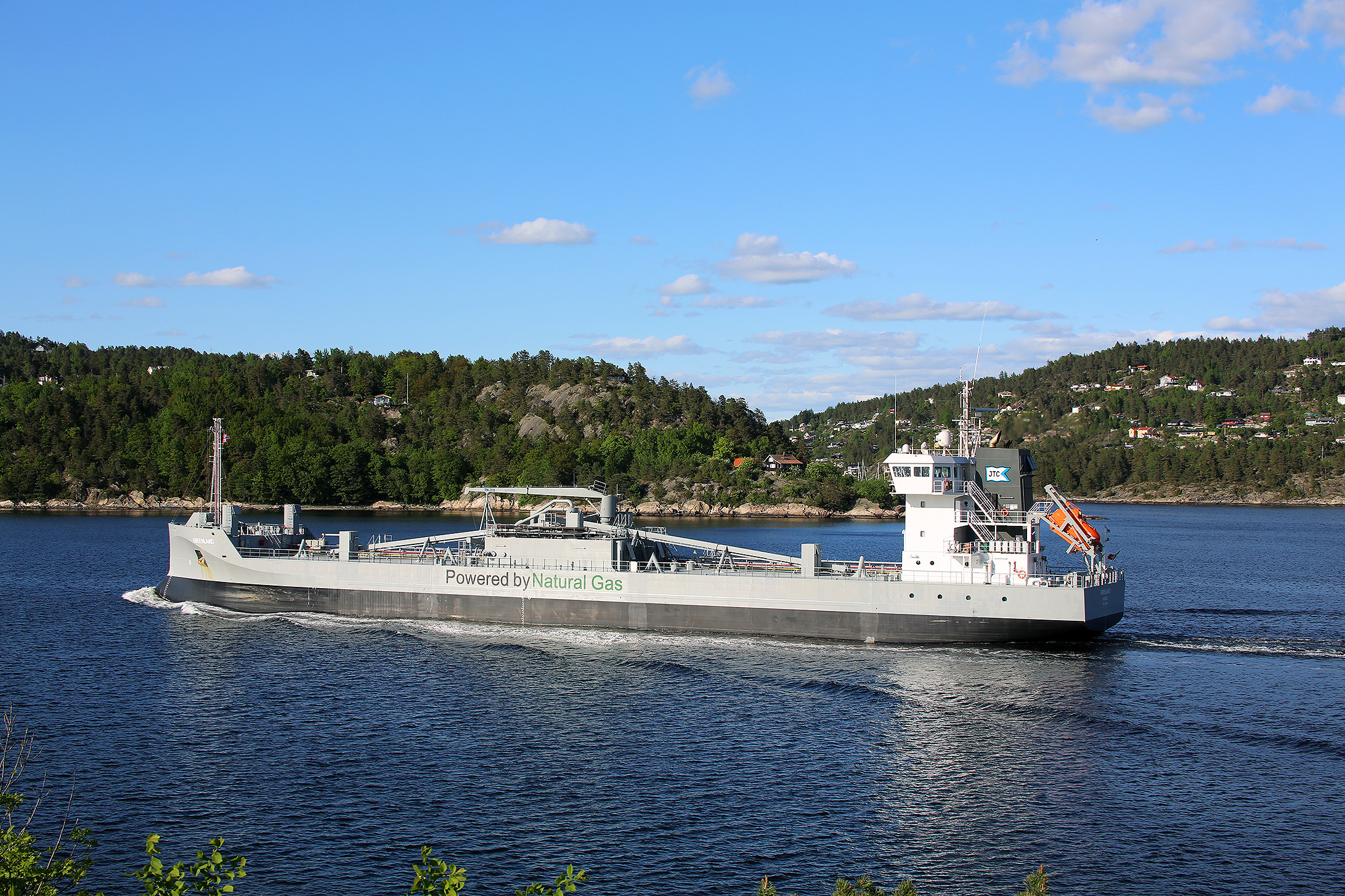 GreenlandView more
|
|||||
| Shetland | 8,050 | 2019 | Netherlands | Loyds Ice 1A | |
Shetland
 ShetlandView more
|
|||||

